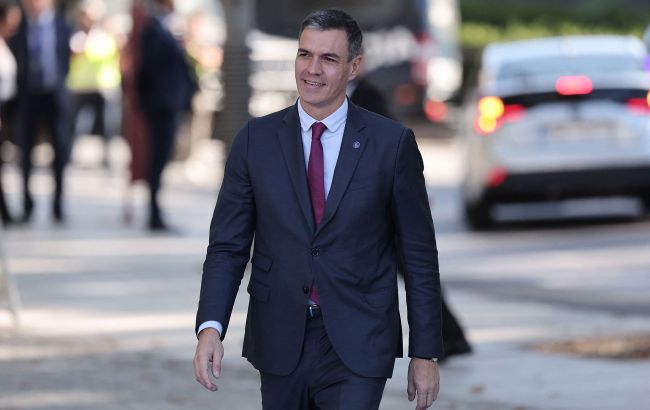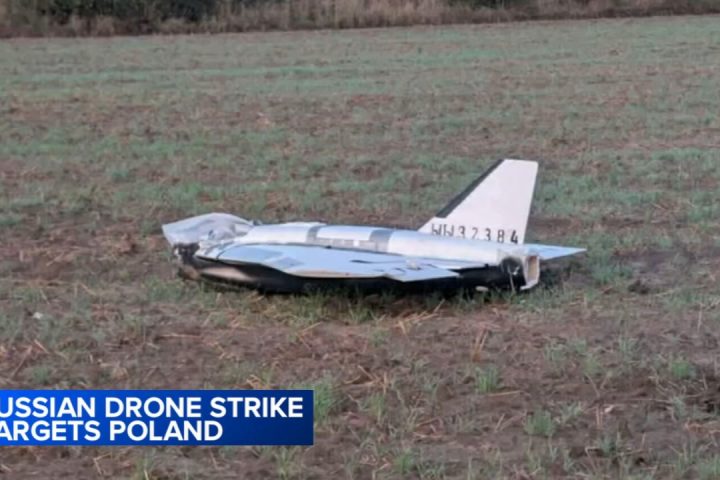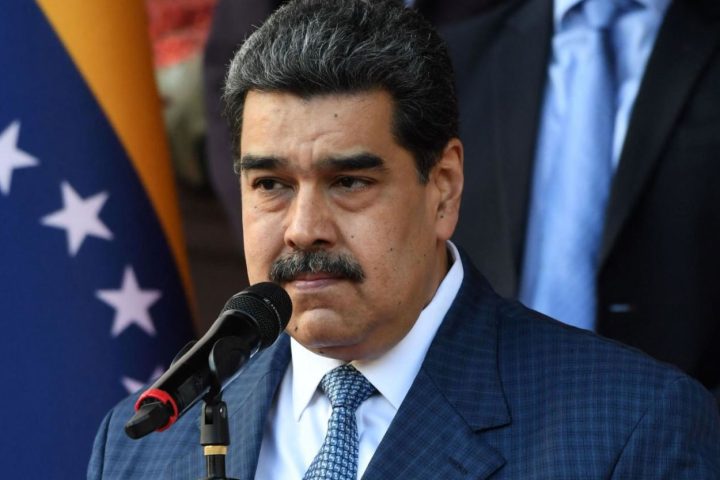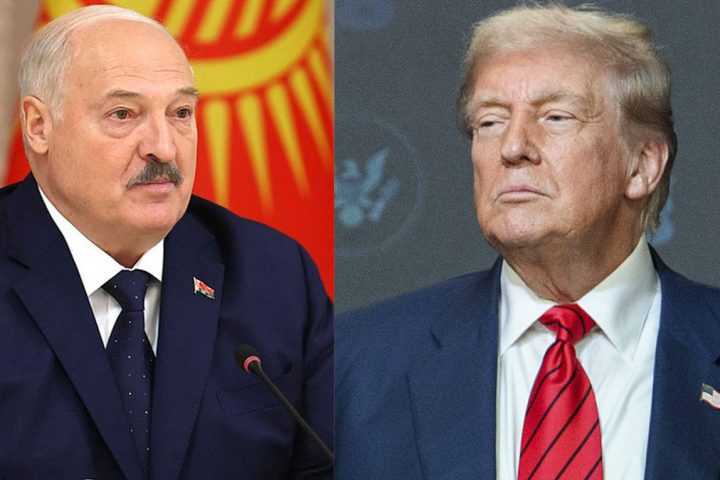Vienna has become the venue for the first behind-the-scenes battles over the EU budget.
The fight over the EU budget has not yet officially begun, but the tension is already palpable. Representatives of France, Germany and several Nordic countries met in Vienna on Thursday to discuss strategy in a small circle ahead of the major negotiations this autumn. Their task is to formulate a common front in advance, before ministers sit down at the negotiating table.
Negotiations to EU before formal negotiations
Formal discussions on the budget will only start in a few weeks, but behind-the-scenes bargaining has been going on for a long time. Representatives of donor countries, which contribute more to the common fund than they receive, used the Vienna meeting to test various scenarios and calculations. As one participant noted, the meeting resembled a “warm-up before the real match”. Ministers will not join the process until October.
Two camps of EU with internal cracks
Traditionally, EU states are divided into two blocs. The North and West are pushing for a restrained budget, while a group called the “Friends of Cohesion” – which includes Poland, Spain and Italy – is pushing for more money for farmers and poorer regions.
But even within the camps there is no unity. Paris, for example, supports Warsaw on the issue of subsidies for farmers, despite being a donor itself. The Netherlands, meanwhile, is arguing with France over the idea of a joint debt obligation.
France and Germany set the tone of EU
Diplomats EU acknowledge that at crucial moments it is Paris and Berlin that set the framework for the future budget, with other countries already adjusting. Poland, the largest recipient of funds, continues to play a leading role in the “cohesion” camp, but its alliance with Hungary has weakened amid political wrangling. This has given the Mediterranean countries a chance to have a greater say in the process.
The Commission between Two Fires of EU
The European Commission continues to defend its €1.816 trillion budget proposal. Budget Commissioner Piotr Serafin, who has extensive experience in such negotiations, is preparing the ground for a compromise. His mentor Janusz Lewandowski advised using the principle of “divide and rule” rather than engaging in dialogue with monolithic blocs.
Despite the loud statements, most experts are confident that the countries will eventually find a common solution. As Austrian official Stefan Imhof noted, “the Commission’s initial draft is unlikely to survive, but history teaches us that Brussels always comes to an agreement.”

















